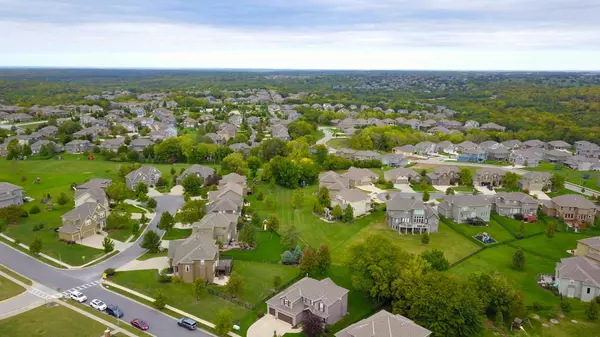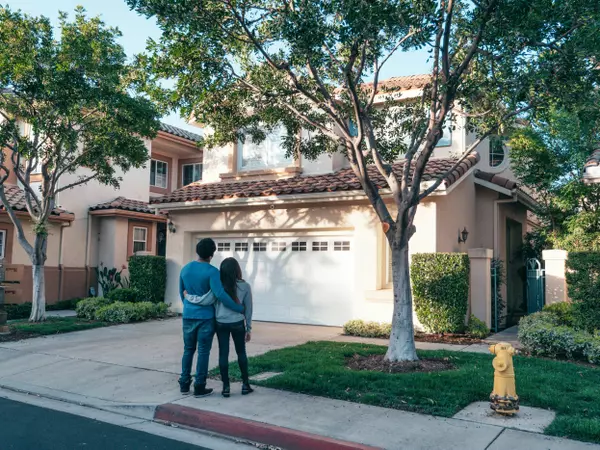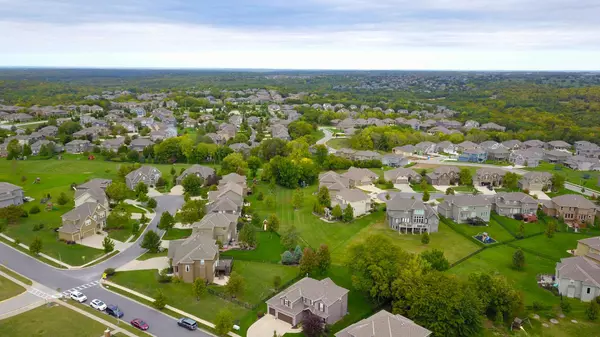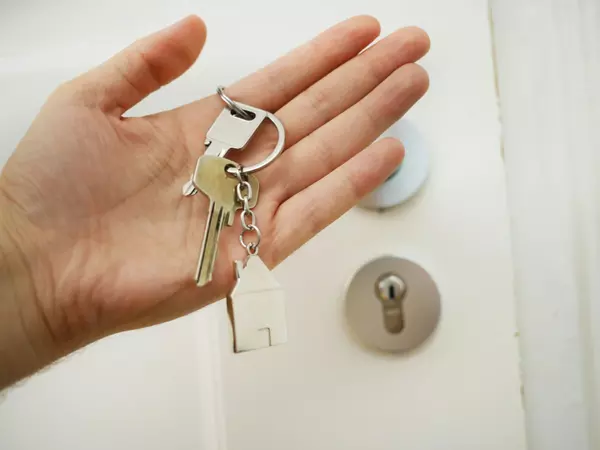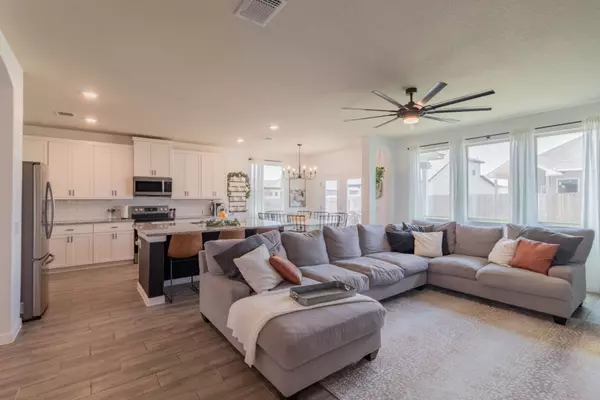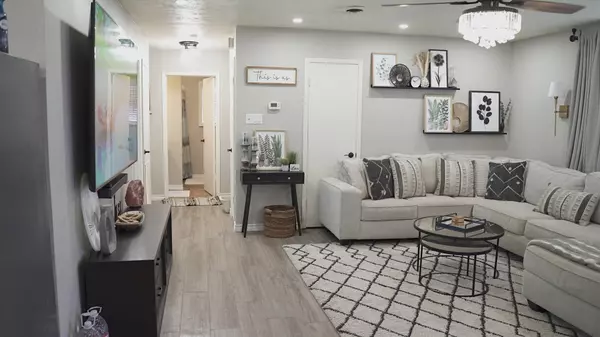
![Don’t Expect a Wave of Foreclosures [INFOGRAPHIC],KCM Crew](https://img.chime.me/image/fs/chimeblog/20230819/16/w600_original_6cf66b3d-a441-43a8-b372-df41e33b49f1-png.webp)
Don’t Expect a Wave of Foreclosures [INFOGRAPHIC]
Some HighlightsWith ongoing high inflation pushing up everyday costs, some people are worried that'll create a flood of foreclosures. Here's why that's unlikely. Fewer people are seriously behind on mortgage payments right now. If foreclosures were going to rise a lot, more people would need to be late on their payments.Since most are paying on time, a wave isn’t coming. If you're concerned about a flood of foreclosures, the data shows that's not likely.
Read More
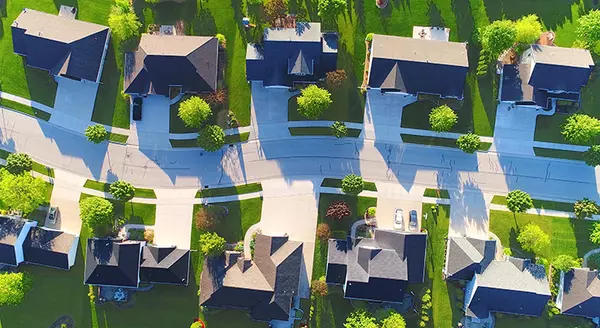
People Want Less Expensive Homes – And Builders Are Responding
In today’s housing market, there are two main affordability challenges impacting buyers: mortgage rates that are higher than they’ve been the past couple of years, and rising home prices caused by low inventory. To overcome those challenges, many people are working with their agents to find less expensive homes. And with newly built homes making up a historically large percentage of the total available inventory today, that search often includes brand new homes.People Are Spending Less on Newly Built HomesThe graph below uses the latest information from the Census to show, in June, more of the newly built home sales in this country were in lower price ranges than in 2022:Last year, only 58% of newly built home sales were less than $500,000. This June, that number was up to 65%. This means more people are buying less expensive newly built homes right now while affordability remains a challenge. Builders Are Offering Lower-Cost OptionsBuilders have picked up on this trend and are reacting accordingly. George Ratiu, Chief Economist at Keeping Current Matters, explains:“Builders are also responding to this shift by bringing slightly smaller homes to market in an effort to meet lower price points . . .”New data from the Census further confirms this pattern – it shows the median sales price of newly built homes has dipped down in recent months (see graph below):And as Mikaela Arroyo, Director of the New Home Trends Institute at John Burns Real Estate Consulting, says, the builders who are most responsive to this trend are forming pathways to homeownership: “. . . it is creating opportunities for people to be able to afford an entry-level home in an area. . . . if you get that size down, that automatically will make it a more affordable home. The [builders] that are decreasing [size] the most are probably the ones that try to build more of an affordable product.” How an Agent Can Help Builders producing smaller, less expensive newly built homes give you more affordable options at a time when that’s really needed. If you’re hoping to buy a home soon, partner with a local real estate agent to find out what’s available in your area. An agent can help you look at newly built homes or ones under construction nearby. Bottom LineIf you’re having a hard time finding a home you like in your budget, connect with a real estate professional. You need an agent who knows all about the latest inventory in your area, including homes still under construction or just built. That way you have an expert on your side who can provide information on builder reputations, builder contracts and negotiations, and more to help you with the homebuying process.
Read More

Don’t Expect a Flood of Foreclosures
The rising cost of just about everything from groceries to gas right now is leading to speculation that more people won’t be able to afford their mortgage payments. And that’s creating concern that a lot of foreclosures are on the horizon. While it’s true that foreclosure filings have gone up a bit compared to last year, experts say a flood of foreclosures isn’t coming.Take it from Bill McBride of Calculated Risk. McBride is an expert on the housing market, and after closely following the data and market environment leading up to the crash, he was able to see the foreclosures coming in 2008. With the same careful eye and analysis, he has a different take on what’s ahead in the current market:“There will not be a foreclosure crisis this time.”Let’s look at why another flood is so unlikely.There Aren’t Many Homeowners Who Are Seriously Behind on Their Mortgage PaymentsOne of the main reasons there were so many foreclosures during the last housing crash was because relaxed lending standards made it easy for people to take out mortgages, even if they couldn't show that they’d be able to pay them back. At that time, lenders weren’t being very strict when assessing applicant credit scores, income levels, employment status, and debt-to-income ratio.But now, lending standards have tightened, leading to more qualified buyers who can afford to make their mortgage payments. And data from Freddie Mac and Fannie Mae shows the number of homeowners who are seriously behind on their mortgage payments is declining (see graph below):Molly Boese, Principal Economist at CoreLogic, explains just how few homeowners are struggling to make their mortgage payments:“May’s overall mortgage delinquency rate matched the all-time low, and serious delinquencies followed suit. Furthermore, the rate of mortgages that were six months or more past due, a measure that ballooned in 2021, has receded to a level last observed in March 2020.”Before there can be a significant rise in foreclosures, the number of people who can’t make their mortgage payments would need to rise. Since so many buyers are making their payments today, a wave of foreclosures isn’t likely.Bottom LineIf you’re worried about a potential flood of foreclosures, know there’s nothing in the data today to suggest that’ll happen. In fact, qualified buyers are making their mortgage payments at a very high rate.
Read More
Categories
Recent Posts
